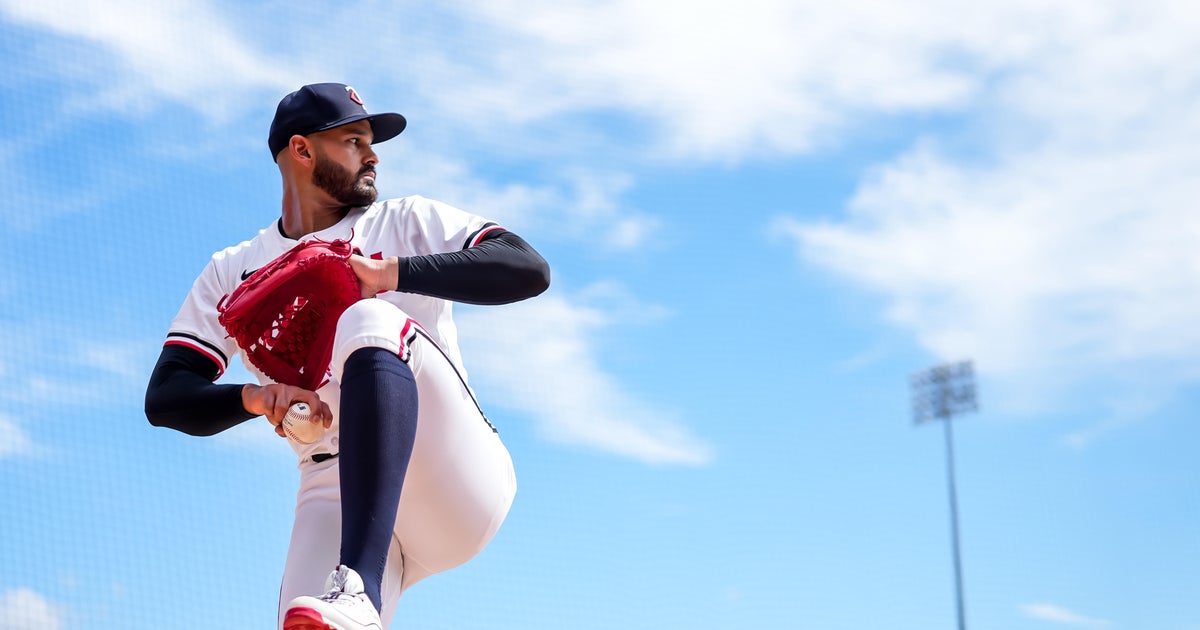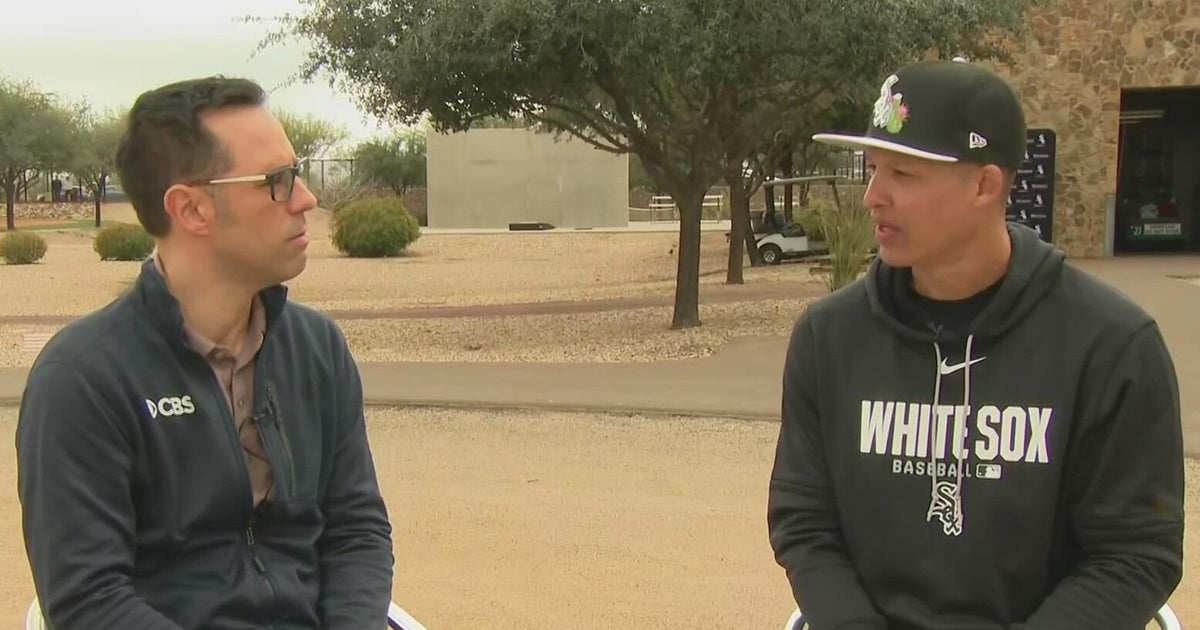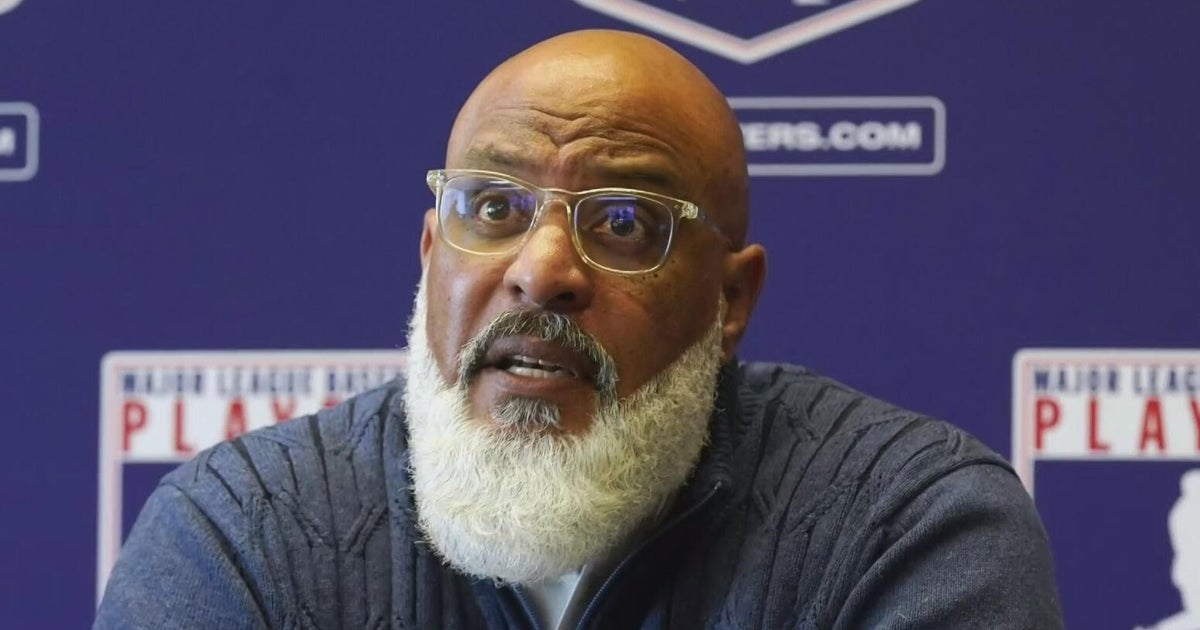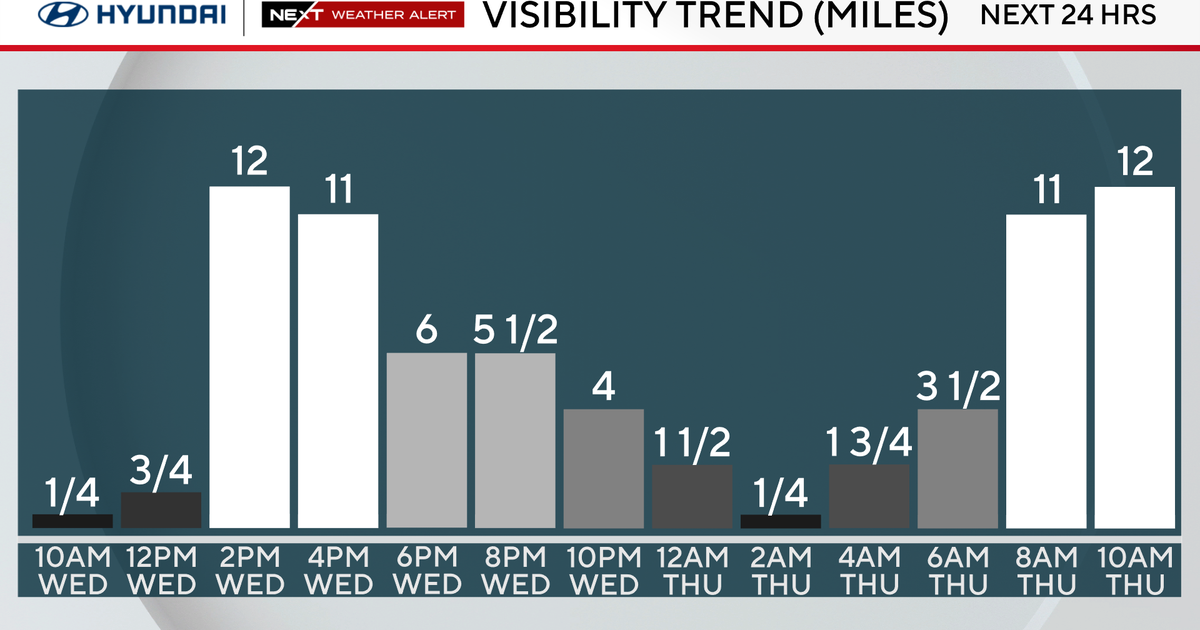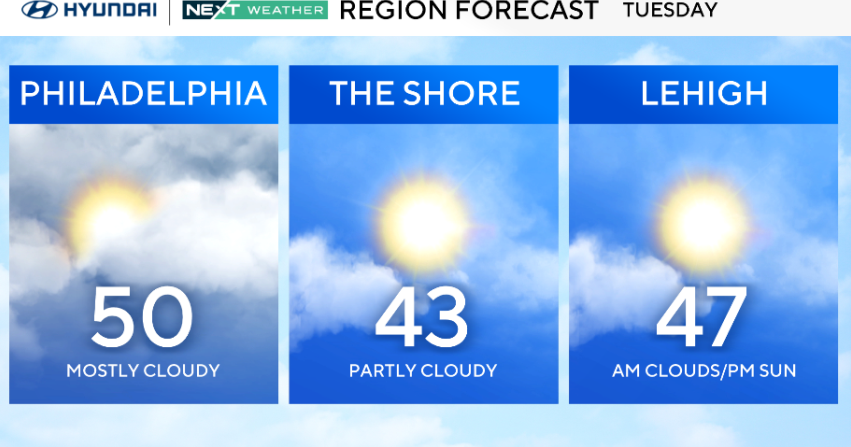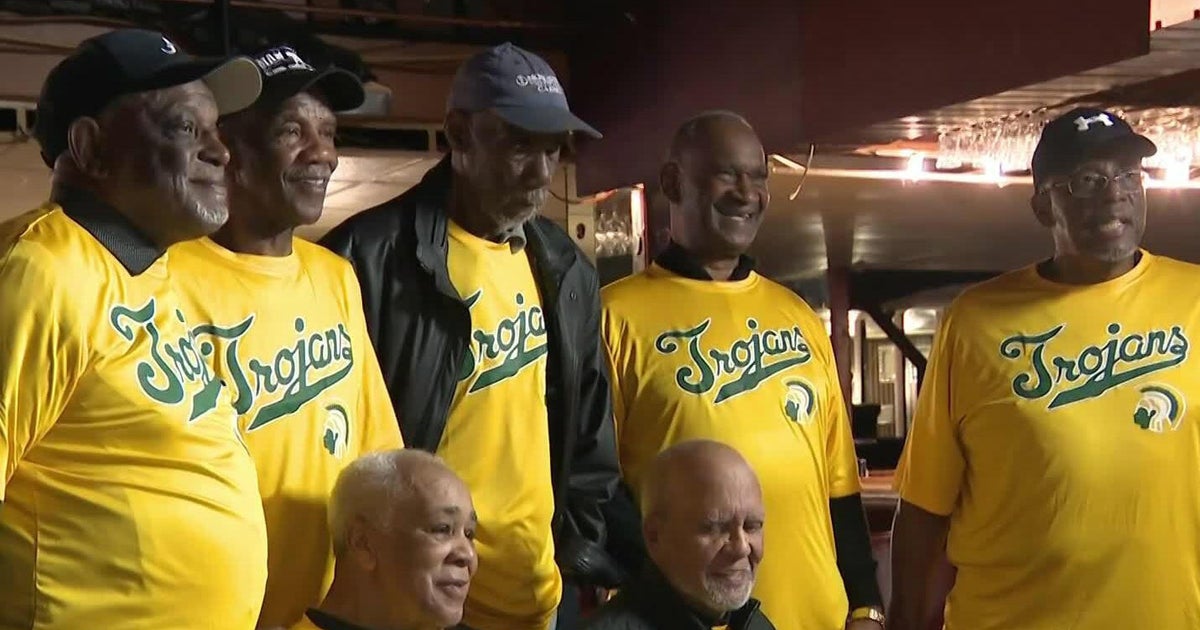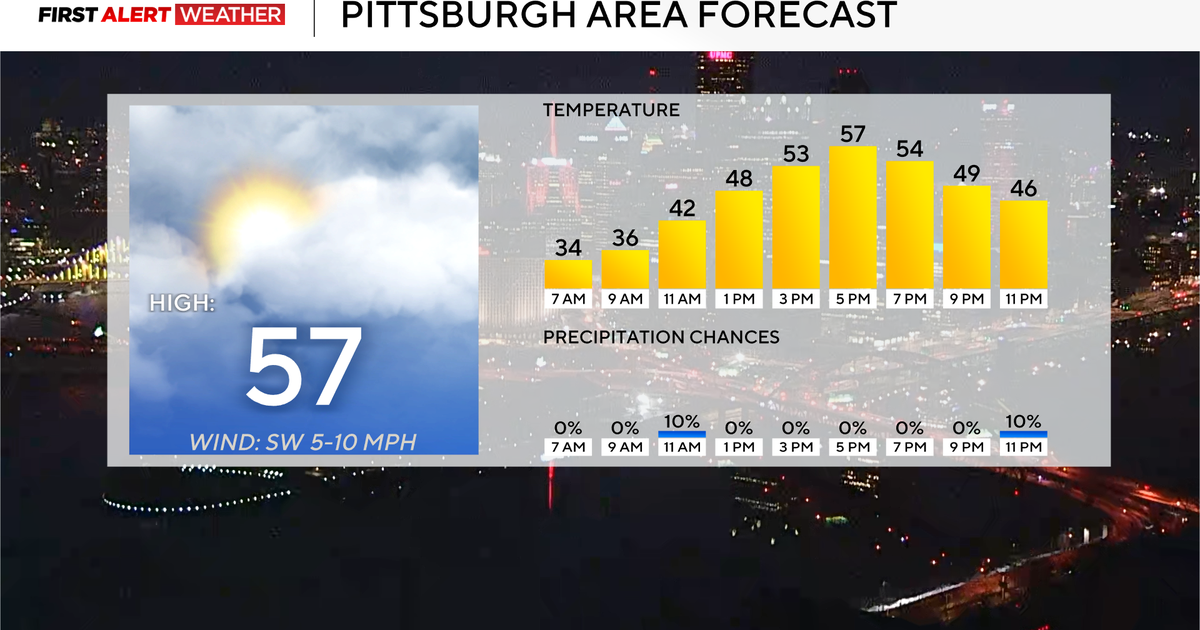Twins Blog: Has Plouffe Made 'The Leap'?
By Dan Cook, WCCO Radio
According to a 2007 study, the average Major League Baseball career lasts 5.6 years. One in five position players who make it to "The Show" will play only a single season. Less than half of all rookies will get to that fifth year while just about one percent of all big league players will have careers of 20 seasons or more.
So what separates players who make it past the 5.6-year average from the 20 percent of rookies who don't last more than one year?
Talent, hard work, more than a little bit of luck -- add those all together and you find a group of young men for whom that magical switch flips, and they make "the leap."
"The leap" is one of those nebulous sports terms that's hard to specifically define, but you know it when you see it, and the numbers tend to back it up.
In 2015, Twins fans may be seeing Trevor Plouffe make that "leap".
Plouffe's in his sixth season, so he's already made it past the average career-length. The question becomes – barring injury – how long can he play, and play at a high level?
The offensive "leap" began in earnest for Trevor in 2014 when he amassed 56 extra-base hits and 80 RBI. He hit just .258 last year, but that was the highest BA of his career, and combined with a .328 OBP and .423 Slugging Percentage, he had the kind of offensive season you need from an everyday regular in your lineup.
It's been a rough June offensively for Plouffe, but in 2015 he's still on pace to hit 24 homers – which would tie a career high – and drive in 90 runs, which would set a career mark. The .755 OPS he's carrying would fall one point shy of his career best.
Let me be clear, those aren't superstar numbers. But they are "pencil this guy in every day" numbers.
But what's really impressed in 2015 in Plouffe's defense.
"I think we saw glimpses of it last year," said manager Paul Molitor, "that he was emerging to be a very competent third baseman. Where there was some angst along the way in his development, I think that's been alleviated. He's in the right place. His hands have become very sure. And we haven't seen some of the throwing issues that he had when he was kind of first surfacing at this level. He's become a pretty complete defensive package over there."
GM Terry Ryan had similar feelings about Trevor's improvement.
"He's made plays this year that weren't made last year. He's a lot more confident defensively," Ryan said, "His throws are accurate. He finishes plays. He's made the slow roller. Defensively he has taken that step that a lot of us that have watched him over the last year were hoping that he would, and he has."
In 435 innings this season, Trevor has committed just five errors. Early in his career, throwing across the diamond could be an adventure for Plouffe – half of his career errors have come on throws rather than on fielding the ball. But just one of the five miscues in 2015 have come on a throw.
For his sake, Trevor feels very confident in his preparation.
"I feel good you know. I know I'm putting in the work. And whenever you do that, I feel like I'm prepared so I go out there and play the game," Plouffe said, "I'm not worried about being prepared, or if I've done enough because I know I have. When you know that, you have to just go out there and play. It becomes a little bit more fun and a little bit easier."
Metrics like UZR and dWAR are still developing in their reliability, but they do help fill in the defensive picture somewhat.
Plouffe's gone from seasons of -10.8 and -7.4 in Ultimate Zone Rating (which attempts to calculate how many runs better or worse a fielder is than an average fielder), to a 6.7 in 2014 and 1.1 through the first third of the 2015 season.
Baseball Reference uses a stat called dWAR (Defensive Wins Above Replacement) to try and calculate how valuable a player's defense is. In 2012 when Trevor first started playing third base he rated -0.8 dWAR. By 2014 he'd improved to 1.0 and this season he's already at a 0.4.
He's become so reliable defensively that Molitor constructs lineups with Plouffe in mind.
"Days when I try to shape lineups and I give Joe a day off and I move him out of there [from third to first to cover for Joe], it's almost an uncomfortable feeling," Molitor said, "I'm taking away one of my better defenders."
That's about as high of praise as a manager can give a player, defensively speaking.
And it's that defense along with his offensive consistency that's going to make it more of a challenge for Ryan and Molitor to find a spot for prospect Miguel Sano who's got plenty of defensive concerns of his own.
Conventional wisdom was that Plouffe would be moved to the outfield or perhaps even traded to make room for Sano. Now the Twins have to be envisioning a future with both those names in their lineup and Plouffe as their everyday third baseman.
Those are the kinds of "good" problems you have when young talent makes "the leap".
